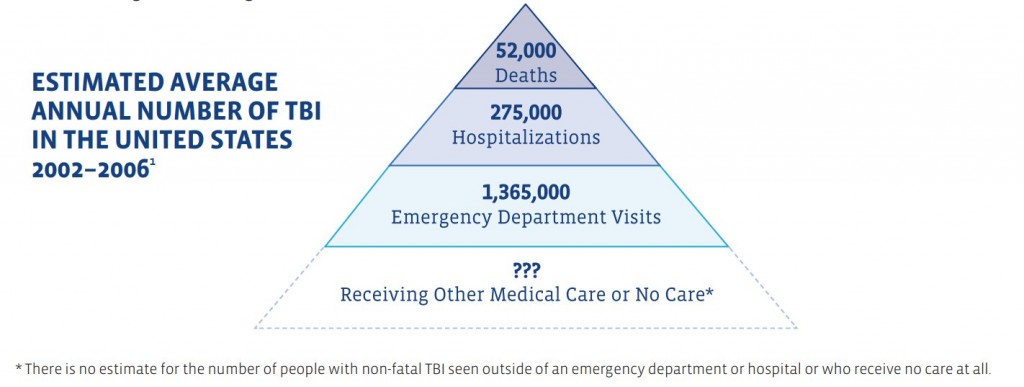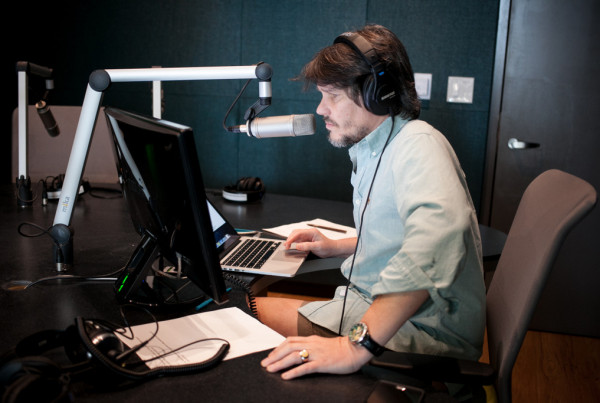This story originally appeared on KERA Breakthroughs.
In 2007, Mike Rials was a Marine serving his third combat tour in Afghanistan. He says he’d already suffered multiple blast injuries, but the last one was the worst.
That’s when his vehicle hit a landmine.
“When I came to there was fire all around,” he says. “I was the last one out, tried to pull [my friend Travis] out and he died on the helicopter.”
Rials was diagnosed with a traumatic brain injury, or TBI and returned to Texas. He was sensitive to loud, constant noises and bright lights. His thoughts were all over the place, disjointed, and heavy.
While studying at the University of Texas at Dallas, he signed up for a study with the Center for Brain Health. There, he learned it might be possible to train his mind like he had trained his body.
The Bad Reputation Of Brain Injuries
The conventional wisdom about brain injury, says Sandra Chapman, is that it is permanent.
“That is indeed false,” says Chapman, founder and director of the Center for Brain Health. She led a randomized trial funded in part by the Department of Defense published online in the journal Neurpsychological Rehabilitation showing the brain is capable of repair years after an injury.
One in 21 people will have a brain injury in their life, Chapman says. And many are told there’s only a small window of time to fix any damage. Insurance commonly covers just three months of rehab.
“So we’ve been stuck in this myth,” she says.
“We enrolled 60 individuals and they were either in this strategy-based cognitive training — to teach people how to abstract and innovate — versus a very active control where people learned facts about the brain.”
After twelve sessions of an hour-and-a -half each, testing and brain imaging showed the group who received the strategic training improved in problem solving, abstraction, memory and psychological health.
“Sixty percent reduction in depressive symptoms and 40 percent stress reduction related to post traumatic stress disorder,” she says.
[Read KERA’s Battlefield Breakthroughs ‘The Brain Injury Link From Fallujah To Friday Night Lights‘]
People with a brain injury, Chapman says, can have a difficult time blocking information coming in. For Mike Rials, learning strategies to filter and process information helped him feel less overwhelmed and organize his thoughts.
“So really this idea of synthesizing, knowing what I want the audience to hear, knowing what I want them to take away so my message is clear,” Rials says.















